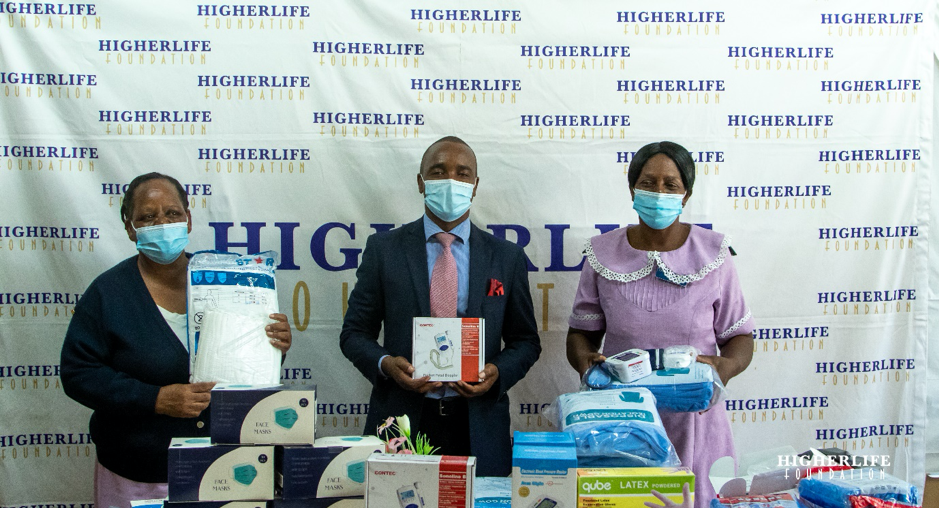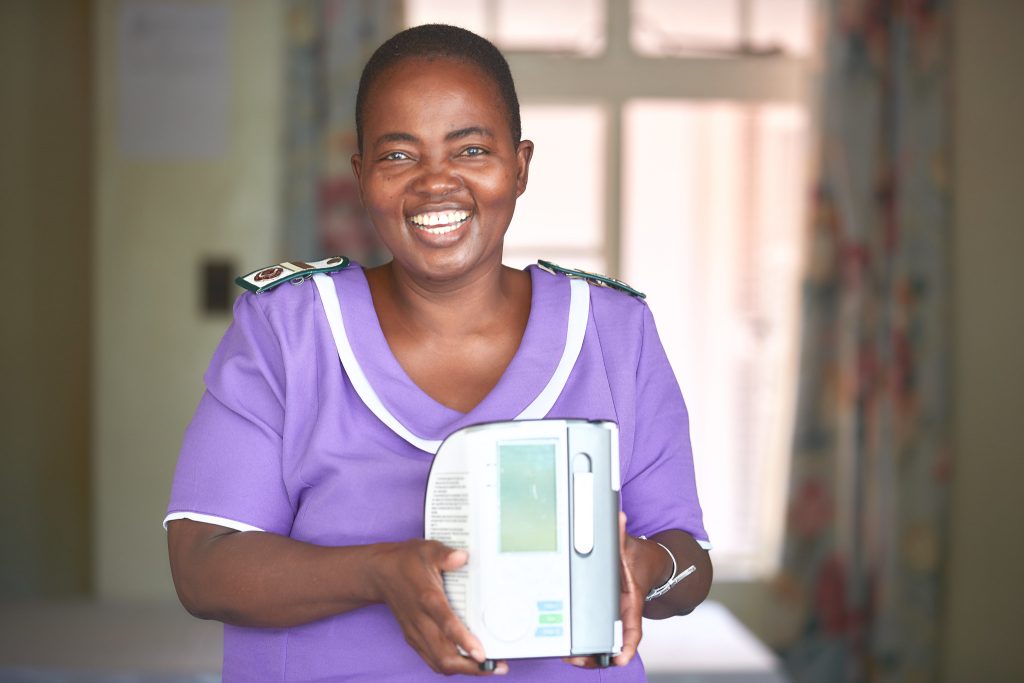On Monday, 26 July 2020, eight Caesarean Section operations were performed at Zimbabwe’s Harare Central Hospital. Of these eight deliveries, seven babies were stillborn, and only one survived.
For two weeks in December 2019, a 72-year-old self-taught midwife delivered over 250 infants in her small apartment, with no running water, in the poor suburb of Mbare in Harare.
These two incidents reflect the state of maternal and neonatal health across Zimbabwe, where expectant mothers face a worrying uncertainty about where they can safely deliver their newborns.
Maternity wards are overcrowded and face equipment shortages, leading to incorrect risk assessments, diagnosis, and treatment.
Through the support of our partner ELMA Group of Foundations, we facilitated two (2) critical interventions; the provision of critical maternal and newborn care equipment and Emergency Obstetric and Neonatal Care (EmONC) Training to ensure pregnant women and their children survive birth and continue to access life-saving maternal and neonatal services,
The equipment handover seeks to create a safe working environment in maternity wards and improve maternal and neonatal health outcomes across the targeted institutions.

Initial placement of the equipment in December 2020 saw 925 Blood Pressure Machines, 55 Glucometers, 110 Infrared Thermometers, and 54 Fetal Dopplers distributed to maternity departments at five (5) central and two (2) provincial Hospitals in Zimbabwe: Sally Mugabe Hospital, Mbuya Nehanda Maternity Hospital, Chitungwiza Hospital, Mpilo Hospital and United Bulawayo Hospitals (UBH), Manicaland Provincial Hospital and Midlands Provincial Hospital.

We then further distributed a total of 1,310 units of critical diagnostic, monitoring and treatment equipment, and essential personal protective equipment (PPE) to the seven (7) public hospitals. Through the high-tech equipment, doctors and midwives who are the backbone of maternal and neonatal health care- can save more lives.
To build the technical capacity and improve maternal, newborn care service delivery, Delta’s second intervention Emergency Obstetric and Neonatal Care (EmONC) Training provides training to 3,768 health facility personnel, including Doctors, Midwives, Nurses and Auxiliary staff. The ongoing training gives the health personnel a basic understanding of human factor principles that allow them to be flexible and resilient in delivering high-quality care for the safety of mothers and neonates.
We remain committed to improving maternal and neonatal health outcomes across Zimbabwe through these critical interventions, as they contribute to a healthy and thriving Zimbabwe in 2030.


